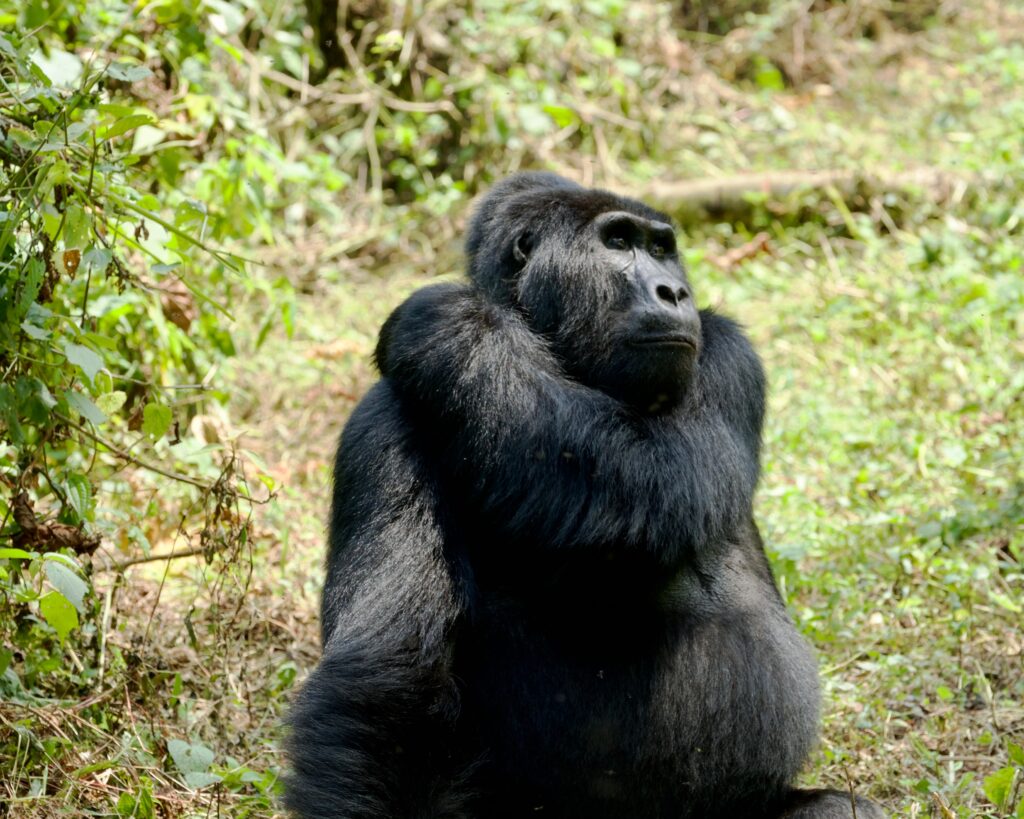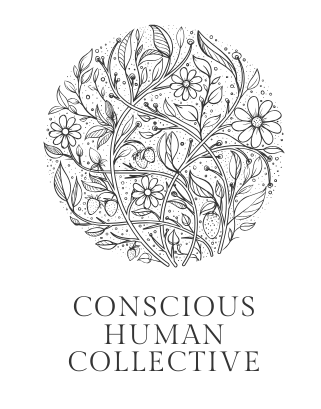Meat processing plants are experiencing slow-downs due to COVID-19 restrictions. While people panic about their pork butt going up in price, I’m smiling and hoping that this is the push they need to eat less meat.
As crowds are dispersed and people are confined to their homes, animals have come out from their hiding spaces to roam and live as they did before human influence reached every corner of the globe.
With factories shut down, skies are clearing and Mother Earth is taking a deep, long-deserved breath.
This freedom from destruction is temporary. But scientists have reported that even this brief hiatus from pollution and intrusion has already shown positive effects on the planet.
With that said, as the tourism industry is shut down, wildlife refuges around the globe are suffering. People in surrounding communities struggle to get by without the economic hub that tourism brings. Some areas, like the Bwindi Impenetrable National Park on the border of the DOC, Uganda, and Rwanda, are now without the protection of foot traffic from armed rangers and visitors to the park, raising the potential threat of poachers to the just over 1000 remaining endangered eastern mountain gorillas. This population has bounced back from nearly extinct in the 1960s and was recently upgraded from “critically endangered” to “endangered”. (Nat Hab Webinars: Mountain Gorillas on the Rise: A Conservation Success Story).

Mark Jordahl, the webinar’s key speaker, had a few tips on how to help conservation areas like Bwindi Impenetrable. In order to protect wildlife across the globe, it is also vital to support local people†b in the area and their economies, especially in times when much of their revenue from environmental tourism is lost.
- Buy products to support local economies
- I.e. Gorilla Conservation Coffee
*I just bought six bags. I hope to have products exactly like this in our Conscious Store! https://gorillaconservationcoffee.org/
- I.e. Gorilla Conservation Coffee
- Take the trip!
When we can travel again, visit conservation areas like this one and buy local products from the surrounding communities. - Buy Responsibly
- Even wood that claims to be sourced “responsibly” can still do damage. Don’t buy exotic woods like mahogany or rosewood, which are taken directly out of already pressured habitats. Research wood before you buy. Obvious areas to stay away from are those with crucial wildlife populations like Brazil, areas of Africa, and areas of Asia. Burma and Malaysia are notorious for over-harvesting their forests. Visit the Forestry Stewardship Council for more information on sustainable wood: https://info.fsc.org/
- Overall, consume less. Think twice before you buy a new iPhone or computer. Materials need to be mined or taken from the earth. The less we consume, the less we need to take from the earth.
(Nat Hab Webinars: Mountain Gorillas on the Rise: A Conservation Success Story)
Animal lovers alike panicked when we heard that, in extremely rare cases, cats and dogs can contract COVID-19. But gorillas share 98% of their DNA with us. According to Jordahl, a gorilla can die from something as simple as the common cold. The mountain gorillas, who live in elevations over 10,000 feet, are especially susceptible to respiratory illnesses. As people begin to travel again, we need to take into consideration not only the spread amongst humans but also amongst endangered populations like the eastern mountain gorillas. Practice the same preventative measures around wildlife that you would around other people – wear masks, keep your social distance (which you may want to do anyways in the case of a gorilla), and maintain hygienic practices like washing your hands religiously.
These last few months have been a huge challenge for the human race, one that has been filled with incredible losses. And even when we do recover, it is creating and already has created scars that will surely be felt for years to come.
For the environment at least, I am holding onto hope. The hope that if we as conscious humans collectively alter our habits, consumption, and thoughtfulness as it relates to our planet, we can make a fundamental change for the environment, animals, and the earth as a whole.
Sources:
“Mountain Gorillas on the Rise: A Conservation Success Story” Webinar (April 27, 2020). Hosted by Natural Habitat Adventures.
